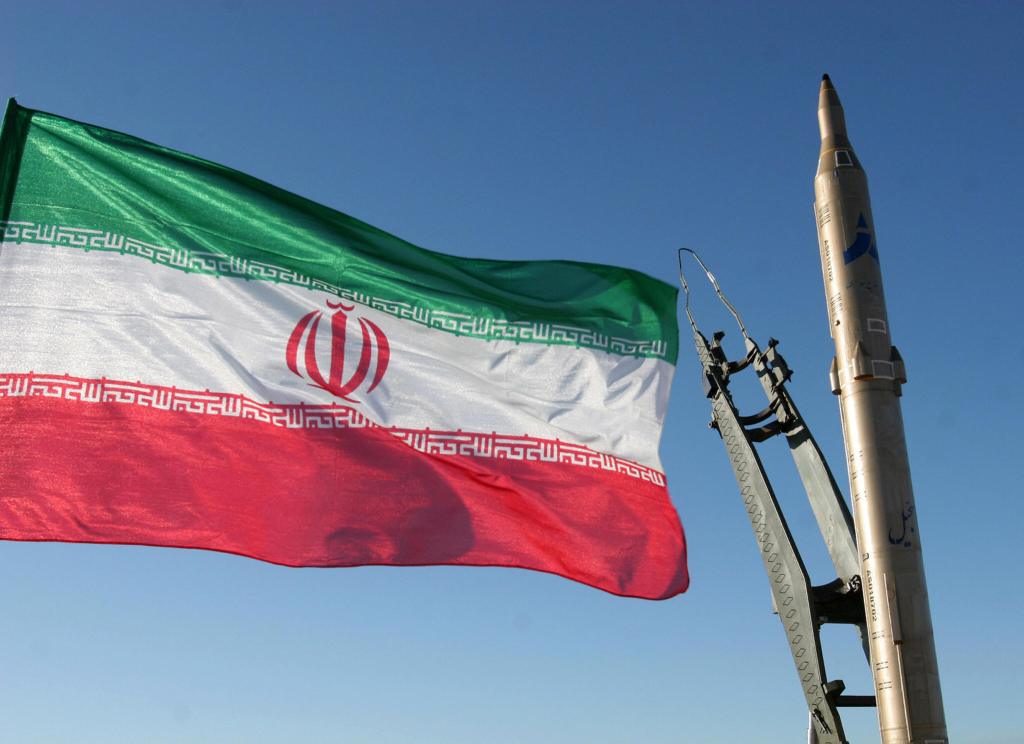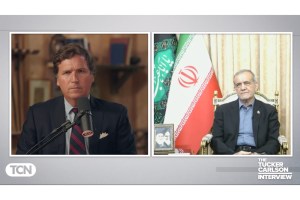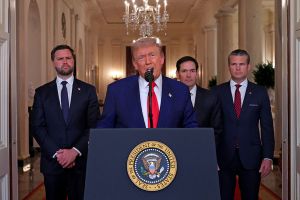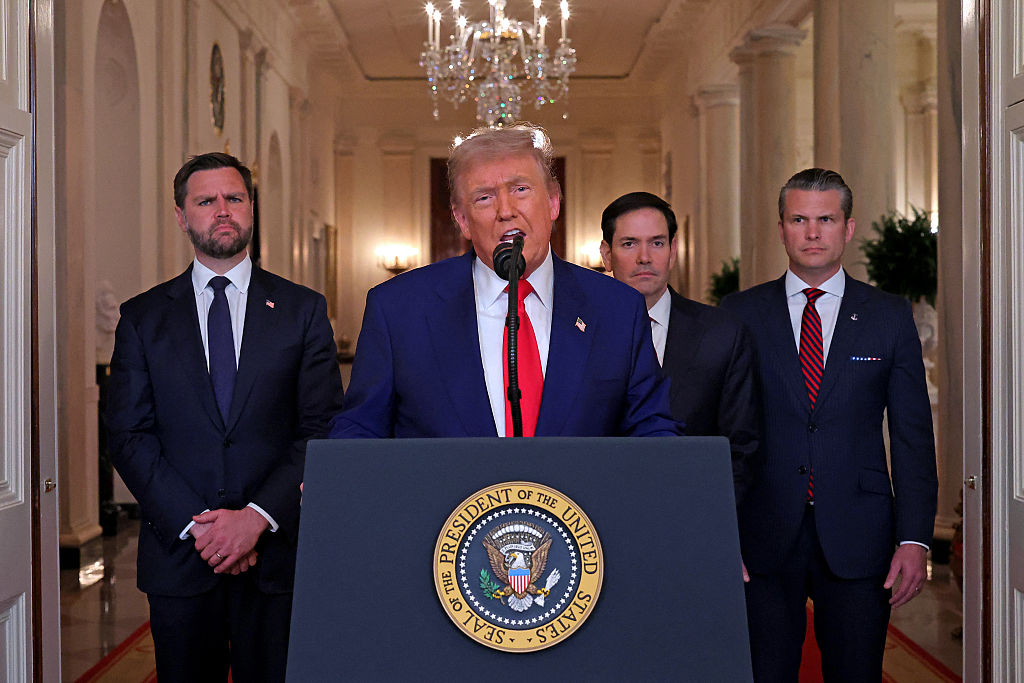In his first press conference, Iran’s new president unequivocally objected to renegotiating the Obama-era nuclear deal. Israel’s new prime minister, Naftali Bennett, will be unimpressed. He reacted to the election of hardliner Ibrahim Raisi by saying that it’s ‘the last chance for world powers to wake up…and understand who they are doing business with’. For Israel’s new government, the so-called hangman of Tehran’s election presents new problems.
When President Trump withdrew from the nuclear agreement, the Iranian regime quickly used the opportunity to increase uranium enrichment — an increase that puts Iran perilously close to developing a nuclear bomb. Even though America’s withdrawal from the deal arguably played into Iranian hands, for Israel a return to a bad nuclear deal is as bad as no nuclear deal.
As the UN Security Council and Iran reenter talks about an American return to the 2015 deal, Israel has a choice. On the one hand, it could stand on the sidelines and take an uncompromising position against a deal that could severely threaten Israel’s safety. The position would likely alienate Israel’s natural allies. On the other hand, the country could engage in talks with the nations involved in order to influence the nature of the deal, a position that would require compromise.
This complicated task will fall primarily on PM Bennett, foreign minister Yair Lapid and defense minister Benny Gantz. They are concerned that Biden may be eager to return to a deal that includes insufficient restrictions and oversight, with a plan to renegotiate a tighter agreement later on — although this seems unlikely to happen under Raisi.
Bennett and Lapid have in the past objected strongly to the deal with Iran. In his inaugural speech, Bennett declared that Israel’s position on the matter will not change. In his first speech as foreign minister, Lapid reiterated that he objected to the ‘bad’ deal. However, both know that Israeli attempts to sabotage a deal would not be appreciated by Biden and could harm relations with the US. If they prioritize building a positive relationship with the American administration while still objecting to the deal publicly, they may work with Biden’s team behind the scenes to try to influence the terms of the new deal.
Convincing Israel’s allies that an effective deal is key to preventing a nuclear arms race in the Middle East will require skilled diplomacy. But the Israeli team will also want to make the point that a nuclear-armed Iran with long-range missiles poses a threat to Europe. Getting across this point may be easier for this government to achieve than for the last one. Previously Netanyahu controlled all communications with foreign leaders, many of whom mistrusted him.
Israel is unlikely to rely solely on diplomacy. The country’s military and intelligence agencies will no doubt be attempting to disrupt the Iranian nuclear program as you read this. The government’s declared position is to prevent Iran from reaching military nuclear capabilities at all costs. Finding ways to carry out missions in Iran without undermining negotiations and harming relations with western allies will be a delicate balancing act.
American focus is shifting from the Middle East to China. Israel is worried by the US and the UK’s withdrawal of Middle Eastern forces at a time when Iran is working to advance their ambitions — and with China and Russia increasing their reach and influence in the region. With less engaged western allies, Israel will need to step up its cooperation with regional powers: some of these it has peace agreements with but others, such as Saudi Arabia, remain erstwhile rivals.
The Americans play a key role in maintaining this cooperation, which is another reason for maintaining positive relations. In January, following the signing of the peace accords between Israel and the UAE, President Trump moved Israel from the US European Command to US Central Command. This may seem like a technical decision, but Central Command is in charge of US military operations in the Middle East. Israel’s inclusion presents a shift in American strategic thinking about establishing regional cooperation of Arab countries that involves Israel, against Iran and other regional threats.
The results of the elections in Iran give little reason for optimism. Iran will continue efforts to achieve nuclear capability unless it’s hampered by a new harsher deal. It will continue to develop long-range missiles, support international terrorism and advance belligerent regional policies. In doing so, it will remain one of the worst threats to Israel’s security. Maintaining good relationships with the US, UK, France and Germany will help Israel not only to influence the nuclear deal, but plan for the outcome Israel has spent the last 50 years trying to stop: a nuclear Iran.
This article was originally published on The Spectator’s UK website.

























